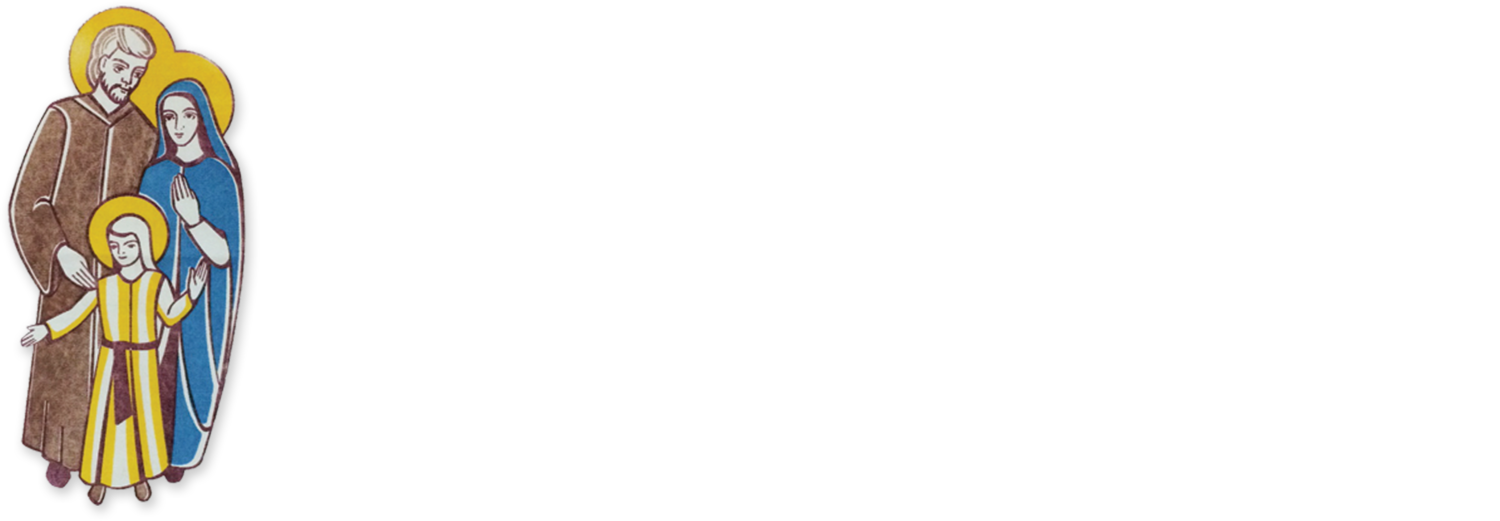Holy Eucharist
The Holy Eucharist is called by various names: the Mass, the Blessed Sacrament, Holy Communion, the Body and Blood of Christ. It is the pinnacle of the Sacraments of Initiation: Baptism, Confirmation, Eucharist.
The Mass is the Catholic Church's greatest prayer of praise, adoration and thanks given to the Holy Trinity. A baptized Catholic takes on the noble obligation of attending Mass every Sunday. One hour out of 168 in a week - so little to give Him! To neglect this Sunday obligation is a serious sin, unless one is sick, the weather is treacherous, if one is taking care of a loved one, etc. Sports? Not a reason to miss Mass - one has traded away God for a game. We prove our love for God - or we prove our indifference. "What profit is there for one to gain the whole world," Jesus asked, "and forfeit his life?" (Mark 8:36)
The Eucharist is truly the Body and Blood, Soul and Divinity of Jesus Christ. To receive this greatest of Gifts, one must be not only Catholic, but must be in the state of grace (that is, free of mortal sin). Holy Communion also is a sign that one is fully Catholic: accepting all the teachings of the Catholic Church; fulfilling one's responsibilities as a Catholic; and acknowledging the pope (the bishop of Rome) as Christ's vicar on earthen having full spiritual authority. For this reason, non-Catholics may not receive Holy Communion. However, non-Catholics are quite welcome to attend Mass, and encouraged to come forward to receive a blessing, indicating this to the priest by crossing their arms over their chest.
Outside of Mass, there is Eucharistic Adoration, a silent time of prayer with the Real Presence of Jesus. Catholics (and non-Catholics) discover the secret power present in letting oneself "to just be" within the transforming Presence of Jesus Christ.
For First Holy Communion for one's baptized child, please see the Children's Education page. Catholic students at Schlarman Academy are prepared for their First Holy Communion at school.
Jesus the High Priest, in nave of Holy Family church
“Whoever eats my Flesh and drinks my Blood has eternal life, and I will raise him on the last day. For my Flesh is true food, and my Blood is true drink. Whoever eats my Flesh and drinks my Blood remains in Me and I in him...Does this shock you?”

